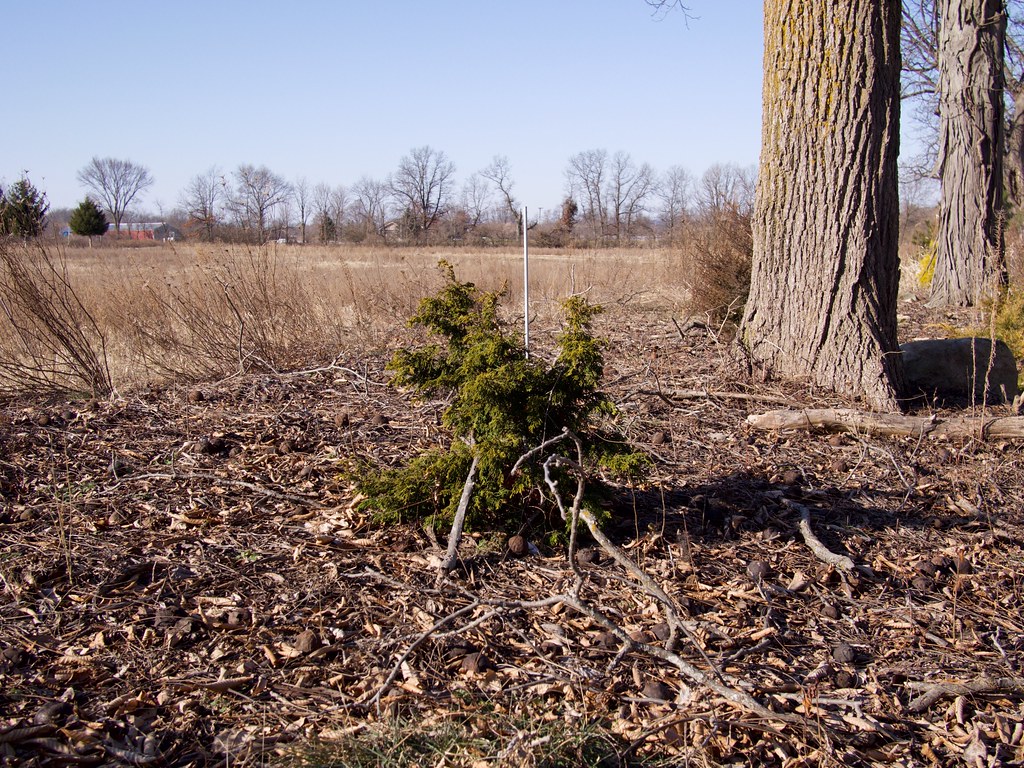New reports show that the plastic bag ban is practically ineffective. A New Jersey law passed in 2020 and went into effect in May 2022. It banned single-use plastic bags and banned restaurants, businesses, and stores from selling them; this was to help reduce the Garden States’ plastic consumption. When Governor Phil Murphy signed the bill, he said it would help address New Jersey’s “most problematic forms of garbage” and “help mitigate climate change and strengthen our environment for future generations.” Other states that have implemented this ban are Maine, Vermont, Delaware, California, Rhode Island, New York, Connecticut, Colorado, Hawaii, Washington, and Oregon.
On January 9, Freedonia Custom Research, a market research group, released a study on how the controversial ban has been unsuccessful. Shifting to reusable bags has caused a three-times increase in plastic use. “Most of these alternative bags are made with non-woven polypropylene, which is not widely recycled in the United States and does not typically contain any post-consumer recycled materials,” notes the Freedonia study. The report also mentions how reusable bags are manufactured with 15 to 20 times the amount of plastic used in the now-banned single-use plastic bag. While shopping, many people forget to bring their reusable bags and buy more since they only cost a couple of cents, adding to the state’s plastic use. The average grocery store is making about $200,000 from these new reusable bags.
While these new conclusions are concerning, experts are disagreeing with it, saying it is not telling the full story. “This study was funded by the American Recyclable Plastic Bag Alliance. The name of the very organization that put out the study is contradictory,” said Doug O’Malley, state director of Environment New Jersey. “Recyclable plastic bags have not worked. … The amount that has been produced over the last four decades is unfathomable, and more than 90% is not recycled.” O’Malley stated how the law has removed 5.5 billion single-use plastic bags, totaling about 600 bags per person in the state. It was also revealed a few months after the state ban took effect, in the fall of 2022, Clean Ocean Action conducted beach clean-ups around the New Jersey coast. Compared to April of that same year, the organization collected 46% fewer single-use plastic bags. Additionally, the study failed to include the environmental factors of the plastic after it is dumped in landfills, oceans, or rivers, which is one of the state’s main focuses when creating this ban.






